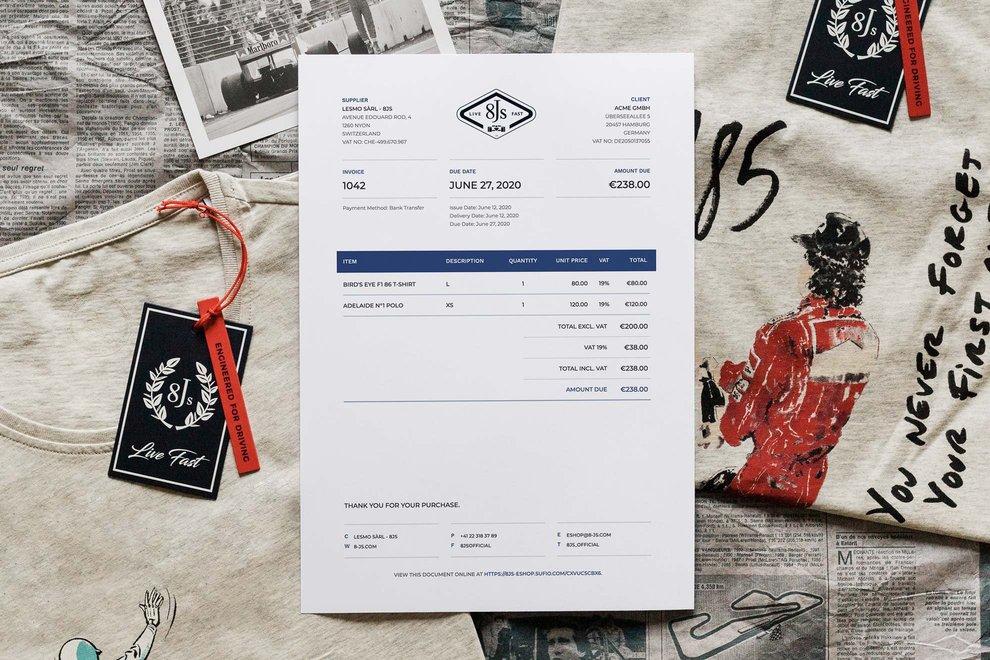5 Common Tax Compliance Mistakes for Startups to Avoid

When people talk about startups, you often hear that their relative lack of internal bureaucracy makes them more dynamic and innovative than bigger companies.
However, tax compliance is one area where startups could sometimes benefit from bringing in some strict processes.
This is because failing to organize their tax affairs properly from the beginning can cause a lot of problems further down the line for startups, whether that’s incurring fines from tax authorities or struggling to pass an audit when doing a funding round.
This article will discuss some of the most crucial mistakes that startups make, outlining how you can avoid all of them with the right tax planning and strategy.
Bad expensing practices

Many governments provide tax relief for business expenses. Costly items like office rent, travel expenses, and software subscriptions are often tax-deductible, meaning startups can make significant savings by declaring them on their tax returns. You can read our full guide to the most important tax deductions here.
A lack of proper organization and planning can really cost startups.
Some cannot maintain accurate records of expenses, including keeping receipts. This is normally something that tax authorities legally require, making it impossible to file expense claims correctly without them.
If you try to make a claim without having kept receipts and the tax authorities ask to see them, you could end up being fined heavily while also losing out on tax relief.
Another common mistake is for company founders to blur personal and business expenses. Recording personal expenses such as meals with family and friends as company expenses is illegal and could result in severe penalties—or potentially even losing your corporate status—if discovered by the tax authorities.
Maintaining separate corporate and personal accounts is an essential practice for this.
Ignoring tax implications of different types of employees

The rise of remote working has made it much easier for startups to benefit from different employment arrangements, whether that’s working with freelancers or hiring workers based in different countries (or tax jurisdictions).
However, some startups are falling afoul of tax authorities due to not understanding the different tax regulations that apply to remote workers or independent contractors as opposed to traditional, local employees.
Some founders do not realize that regardless of the wishes of both the company and the freelancer, the latter may be treated as an employee for tax purposes in some circumstances—for example, if the freelancer is only working for this one company and not offering their services to anyone else.
When it comes to remote workers, some startups are unaware that having someone work from a different tax jurisdiction may require them to register the company and employee to pay tax there. This can be a problem in countries such as the US in particular, where each state has its own statewide tax system.
Small mistakes such as these can make it difficult for startups to pass the due diligence process, hampering their ability to raise capital and grow.
Not complying with local consumer taxes when selling abroad

Every country has its own consumer tax system, but some startups do not pay sufficient attention to complying with each one when expanding abroad rapidly.
Countries differ in terms of rates and forms of consumer taxation (for example, VAT vs. sales tax) and have different invoicing regulations, which can often be quite complex.
These tax systems even differ within the EU despite decades of its member states harmonizing business regulation within the single market. VAT rates still fall within the wide range of 17-27% depending on the country.
If you’re an ecommerce startup whose business model is based on selling to lots of different markets, you may find that complying with so many systems is difficult to navigate on your own.
This is where Sufio comes in. Our professional invoicing app for Shopify stores makes it much easier for you to charge the correct amount of tax to both businesses and consumers.
You can adjust Sufio invoices to follow the tax regulations of over 50 countries worldwide, allowing you to expand internationally with no compliance worries.
Not seeking professional advice

If you’re a startup founder who has successfully turned a brilliant idea into a successful company, then complying with taxes might seem like it should be a breeze by comparison.
However, as this article has tried to outline, tax compliance is very complex. It is advisable, therefore, to hire a tax professional who will work with you to create a strategy.
This will not only ensure that you avoid non-compliance and penalties—which is no easy task—but will also allow you to take advantage of opportunities, such as R&D tax credits.
Even as a cash-strapped early stage startup, hiring a professional tax advisor is a good idea in order to stay ahead of the curve. Trying to work out how to be compliant by yourself is a recipe for wasting time and setting yourself up for serious problems further down the road.
Not taking advantage of the best software
While hiring a professional advisor is a good idea to ensure that your tax affairs are in order, many individual administrative aspects of tax compliance can now be delegated to modern software solutions.
Automation allows thousands of data points to be entered in a matter of seconds without the computing errors that human workers are bound to make. This can save employees the many hours that would be required to perform such work manually, freeing up time to focus on higher-level tasks.
Founders who lack experience in accounting may not realize just how much of their accounting—from payroll to invoicing—can be handled by automation software.

Sufio automatically creates and sends beautifully designed invoices to your customers, making it much faster and easier to manage the invoicing process.
Professional invoices for Shopify stores
Let Sufio automatically create and send beautiful invoices for every order in your store.
Install Sufio - Automatic Invoices from the Shopify App Store